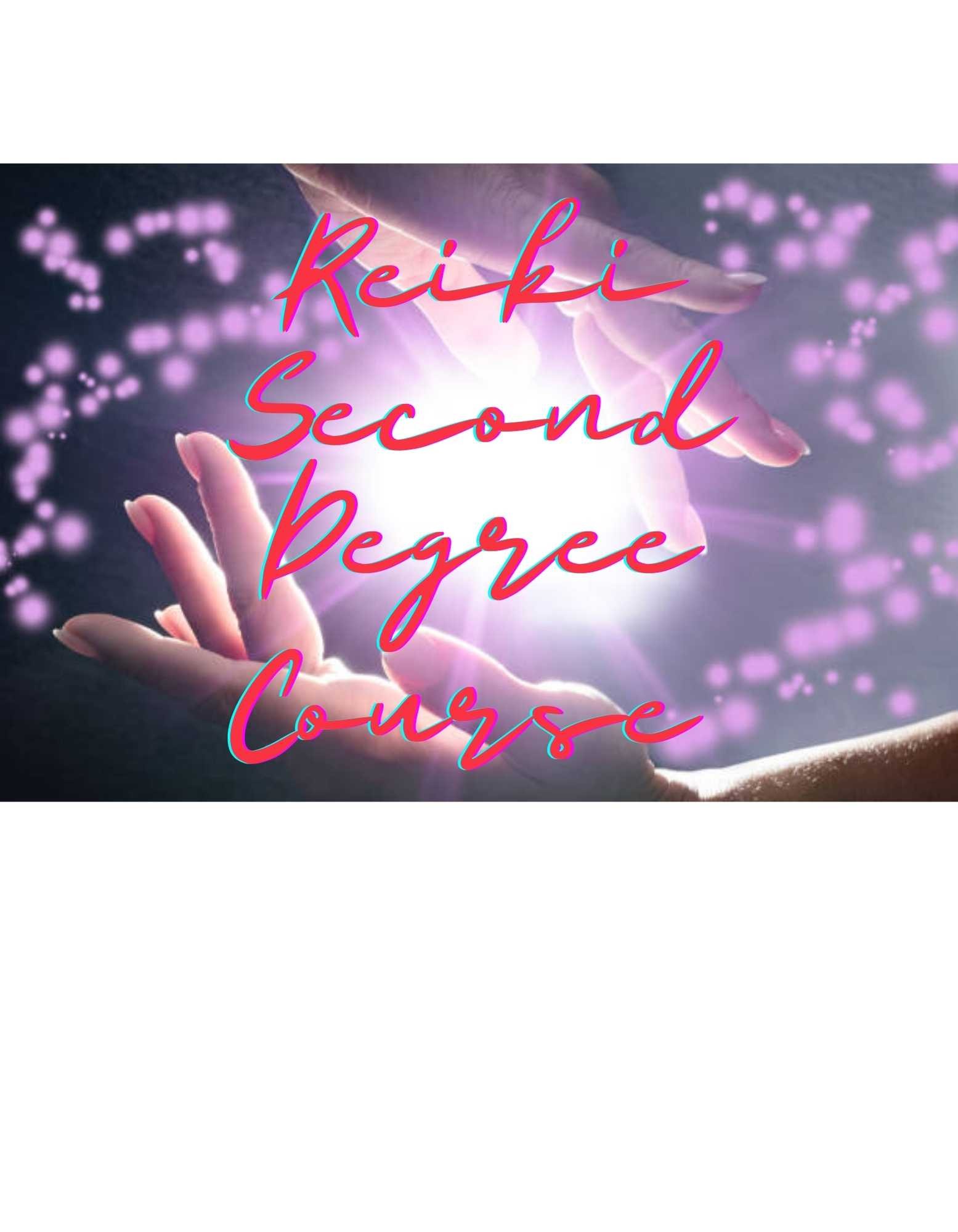
What To Expect With A Second Degree Reiki Course?
The length of time it takes to teach the Second Degree varies widely among Masters, and as a result, there is substantial variation in what is taught. Basics should always be addressed, but there are a few exceptions. If you're looking for a more traditional Western approach, I think this Reiki 2 class is a good place to start. This article will answer what to expect with a second degree Reiki course.
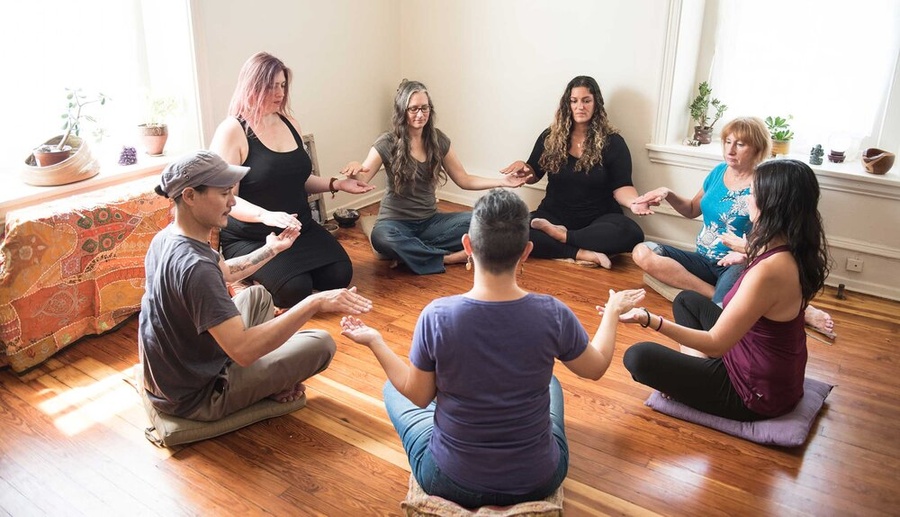
Friday
During the evening session, students can meet one another, talk about their reasons for enrolling in Second Degree and get an overview of what is covered in class. An overview of Reiki First Degree theory is followed by a Q&A session and a guided meditation. This is followed by an update on the history of Reiki from the Japanese perspective.
Saturday
We begin the morning class with an opening circle. We share Reiki, followed by demonstrating and practicing the Japanese tradition's Reiki Shower and Hatsurei-ho. Following a brief review of the two primary components of Reiki at the Second Degree—healing practice and personal and spiritual development—students are exposed to the three Reiki Symbols and their associated mantras:
The Power Symbol
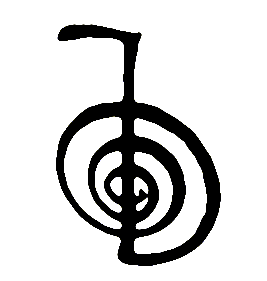
The Focus Symbol is another name for it. This allows more Reiki to flow into whatever it is you're concentrating on.
The Harmony Symbol
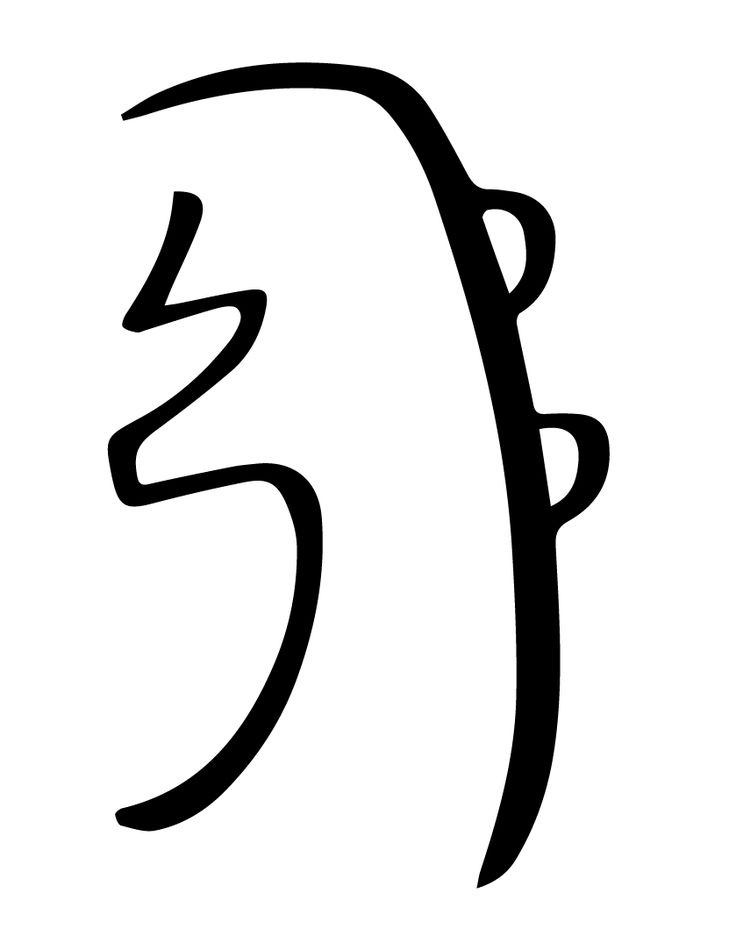
It's also known as the Mental and Emotional Symbol. This is very beneficial for resolving philosophical, psychological, and emotional issues and restoring harmony and balance.
The Distant Symbol
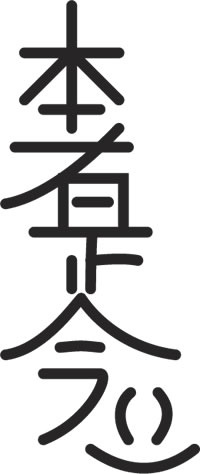
Also known as the Connection Symbol. This bypasses time and space, allowing you to "send" Reiki to anyone, everywhere, and at any time.
The next section discusses some of how the symbols and associated mantras can be utilized to heal oneself, others, and animals and some creative applications such as empowering goals and affirmations, mending personal and global situations, and Earth healing.
The afternoon session begins with a brief overview of what a Reiki attunement entails, followed by a guided meditation and the Reiki Second Degree attunement. Following that, I give my pupils some time to practice quiet meditation, interact with nature, and study the Reiki symbols.
Sunday
The morning starts with an opening circle and Hatsurei-ho, followed by an informal test to make sure each student can remember the symbols correctly. This is important because students will be using them on each other all day. There is then a discussion about how important it is to clear your energy and your workplace in healing.
In the next part, you'll see and practice some Second Degree techniques for treating others. These include clearing and cleansing the aura, increasing your sense of how energy moves through your body, and beaming Reiki into the aura. You'll also do a full "mental and emotional" Reiki treatment on each other with the symbols.
When it's time for lunch, there is a demonstration and practice of distant healing methods, like how to send a "mental and emotional" treatment from afar and how to send healing back in time and forward in time. People ask questions after the class, and they talk about the 21-day clearing process and the Reiki practice journals that must be filled out before becoming certified. We finish with a big circle.
Topics like who and what can be treated, what to do if healing does not happen, what equipment is needed, how many treatments are required, confidentiality and ethics, combining Reiki with other therapies. Many more come up at different points in the course.
Students need to keep practicing both hands-on and distant treatment techniques with the symbols over the next few months, even though I give them a lot of time to do so in class. I don't give out Second Degree certificates until I get a copy of a student's practice journal, which tells me how they did in both.
There are a lot of different special techniques that use one or more of the symbols taught by traditional Reiki Masters. They also give students time to practice these techniques. Symbols should at least be taught to you, and you should be shown how to do some distant healing and how symbols can be used to improve a hands-on treatment.
Other Reiki Masters also use different meditations or visualizations, ways of working with spirit guides and crystals, and ways to improve your psychic abilities. Sometimes, these extra techniques are taught in a separate follow-up class and more advanced ways to use the Reiki symbols.

Related
Chanting And Toning With Karuna Reiki
The Karuna Reiki experience taught me that toning or chanting during a Karuna Reiki session causes profound shifts in the healing energy's vibrational frequency. The Mahayana Buddhist tradition of the bodhisattva Avalokitesvhara, who creates the Sound that Illuminates the World, validates this notion.
The Ethics Of Distant Reiki Healing
The Second Degree procedures teach you how to transmit powerful healing to anybody, anywhere, at any time, including the past and future. Using the Distant (Connection) Symbol helps you to construct a bridge between you and the person (or animal) you wish to heal.
Guided Meditation To Help Heal The Shadow Self Can Change Your Life
The shadow self refers to the aspects of ourselves that have been repressed into the unconscious — the aspects of ourselves that we are insecure about, ashamed of, or frustrated with. The shadow self-concept is based on the idea that we metaphorically bury those aspects of our personalities that we fear will not be accepted, accepted, or loved by others; thus, we keep them in the shadows.
How To Build A Successful Reiki Practice - FAQs
After you've mastered the techniques necessary to perform Reiki on others in-person and remotely, it is entirely up to you to decide whether Reiki is something you wish to pursue as a more formal public practice.
Integrative And Functional Medicine —Personalized Care For The 21st Century
The goal of integrative and functional medicine is to get to the root cause of health problems and treat the whole person with a combination of approaches—optimizing health for those who have it and restoring health for those who have lost it. Integrative medicine and functional medicine are often used interchangeably, but the terms are actually referring to two different approaches to patient care.
The Karuna Reiki Attunements
A common belief is that compassionate action is captured in this non-traditional form of Reiki. When used in conjunction with Usui Reiki, it has a powerful effect on its own, but even more so.
Karuna Master Symbols and Their Uses
Other healing systems incorporate the Karuna Reiki Master symbols. For instance, The International Center for Reiki Training incorporates the Usui Dai Ko Myo, Tibetan Dai Ko Mio, and Tibetan Fire Serpent into our Usui/Tibetan Reiki Master Training.
Kuan Yin - The Goddess Of Mercy
Kuan Yin is an example of an enlightened being. Bodhisattva, or enlightened being, guards the earth. The Chinese deity Kuan Yin is revered as a symbol of compassion and love.
Possible Side Effects Of A Karuna Reiki Attunement
Becoming a Reiki practitioner with the ability to heal oneself and others is a beautiful path that allows you to make a difference in the world. While it is exciting to receive an attunement in order to increase your frequency and connection to the universal life force energy, these attunements come at a cost.
The Traditional Karuna Reiki Attunements
Karuna is typically only taught to Usui Reiki Master practitioners. There are four levels of Karuna instruction. There are four levels of mastery in this system: two for practitioners and two for masters.
Original Karuna Attunements - The Sai Baba Reiki Attunements
For those wishing to view the original Sai Baba attunement process in order to compare it to later attunements, these are included for informational purposes only. You will notice a resemblance between these and the attunements developed later.
